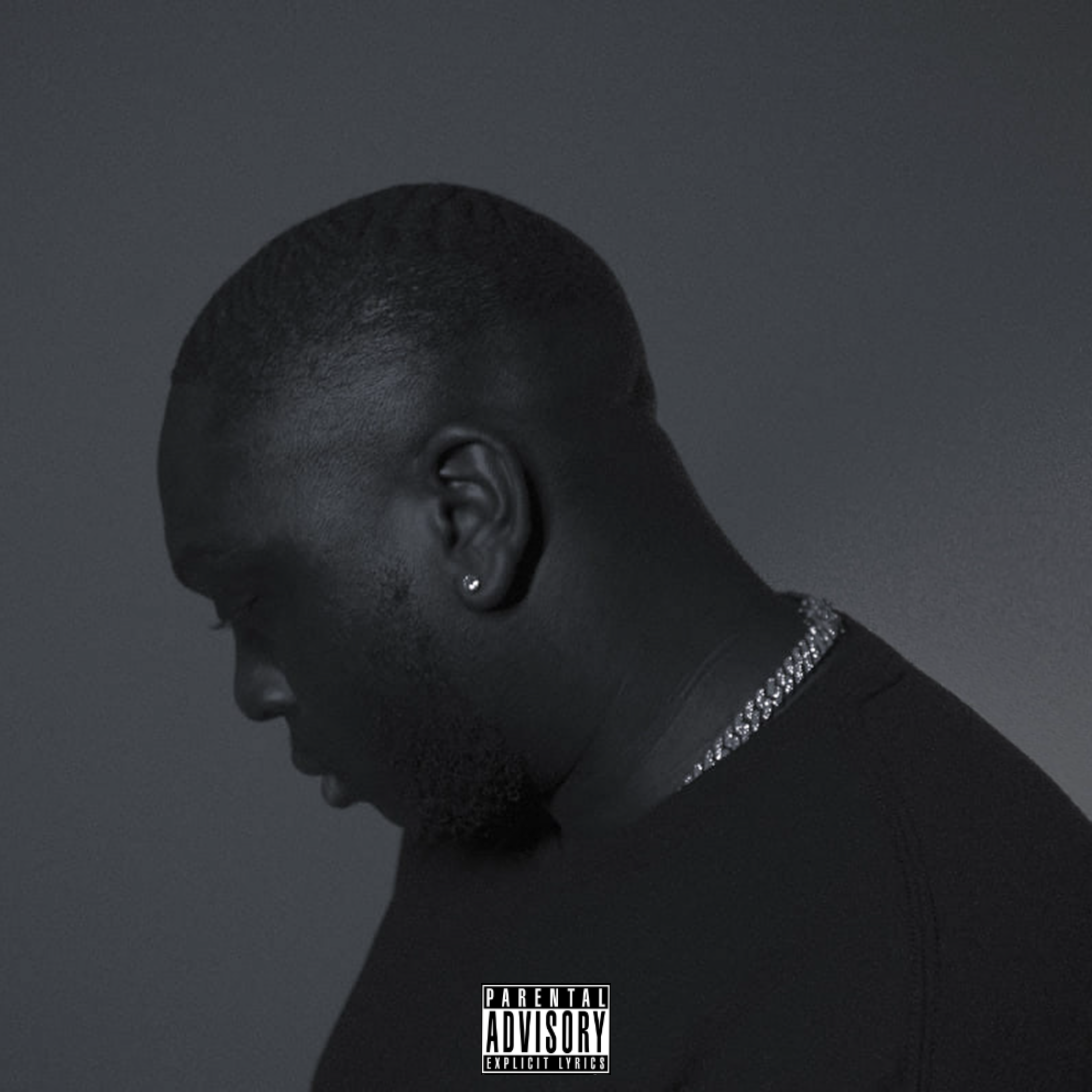In recent years, marriage has faced significant challenges in Western society. Financial pressures, shifting social dynamics, and the complexities of modern relationships have all contributed to a decline in marriage rates and a rise in divorce. But what if technology—specifically blockchain—could offer a unique solution to strengthen the institution of marriage and provide couples with new incentives to stay together? By creating a marriage framework on the blockchain, we may have a way to support lasting relationships financially and socially.
The Challenge of Marriage in the West
Marriage in Western societies today faces unique pressures. Financial instability, increased independence, and a decline in community support have all contributed to a landscape where marriages often struggle to survive. The traditional concept of marriage, though still valued, often doesn’t provide the same community-driven support and financial foundation it once did. Couples are left to navigate these complexities largely on their own, and many ultimately choose to go their separate ways.
Enter Blockchain: A New Foundation for Marriage
Blockchain, known primarily for its role in cryptocurrencies and secure digital transactions, offers a fresh approach to marriage by allowing for the tokenization of marriage contracts. Through a marriage-based blockchain platform, couples could establish an NFT (non-fungible token) or digital asset to represent their union. But why does this matter? Because this marriage token could create tangible, financial incentives for staying together, while engaging a community of supporters.
Financial Incentives for Staying Together
Imagine that each marriage NFT is available for purchase by friends, family, or supporters. These supporters essentially invest in the couple’s union by buying a small share in their marriage. Their support isn’t just symbolic; it’s a financial gesture that signifies faith in the couple’s long-term success. This tokenized support creates a fund that the couple can use toward shared goals, like buying a home, investing in education, or even starting a business.
As time goes on, the NFT’s value could appreciate if the couple stays together and achieves certain milestones, incentivizing both the couple and their supporters to nurture the relationship. Unlike traditional crowdfunding, the marriage NFT provides supporters with a vested interest in the couple’s success. They are not simply giving a one-time gift but are contributing to a living, evolving asset that grows as the marriage strengthens.
Building a Community of Encouragement
In traditional marriage, the community often played a role in supporting couples. Friends, family, and neighbors would offer guidance and encouragement, celebrating anniversaries, and helping the couple through tough times. In today’s fast-paced, digital world, this kind of community support has waned. A blockchain-based marriage contract could recreate that supportive community.
By investing in a couple’s marriage token, supporters signal their commitment to the couple’s relationship. They become, in a sense, part of the couple’s extended “community.” Blockchain technology provides transparency, allowing supporters to see milestone achievements and share in the couple’s journey. For example, reaching a five-year anniversary might unlock special bonuses or perks within the blockchain framework, celebrating the couple’s commitment and rewarding the supporters who have been there along the way.
Protecting Against Divorce and Ensuring Fairness
While the blockchain model incentivizes supporters to encourage the couple’s success, there’s also a need to prevent any adverse behavior that could arise from betting on a couple’s failure. To discourage any negative influence, smart contracts on the blockchain can be structured to reward long-term marriage milestones while eliminating or penalizing “bets” on a breakup. This structure helps keep the focus on positive outcomes and prevents the system from being used to destabilize relationships.
For example, the marriage token might include a buy-back clause in case of divorce, returning supporters’ investments neutrally rather than allowing any financial gain from the dissolution of the marriage. In this way, the system is designed to uphold the integrity of the marriage and maintain fairness.
Reinforcing Accountability and Growth
One of the potential benefits of a blockchain-based marriage is the sense of accountability it fosters. By creating a transparent and immutable record of their marriage contract, couples can commit to a structured framework that encourages them to work through challenges. Blockchain allows for a “digital ledger” of marriage milestones that doesn’t invade privacy but provides a public acknowledgment of anniversaries, accomplishments, and relationship growth.
Accountability is a crucial factor in any successful relationship, and blockchain offers a modern way to reinforce this principle. Couples who might otherwise face challenges alone can now have a network of supporters cheering them on, motivated by both personal and financial investment in the marriage’s success.
A New Model for Marriage in the Modern World
Marriage on the blockchain offers a compelling way to address some of the problems that have emerged around marriage in the West. By turning marriage into a digital, tokenized asset, blockchain could bring financial incentives, community support, and long-term accountability to modern relationships. This approach not only provides couples with a financial base but also surrounds them with a network of people who have a vested interest in their happiness.
The idea isn’t to commodify marriage but to create a new model that bridges personal commitment with financial and social backing. For couples in today’s world, marriage on the blockchain could be a way to reclaim the sense of stability and shared purpose that has become rare in modern society. It’s a forward-thinking solution that blends tradition with technology, creating a support system to help marriages not only survive but thrive in the modern era.
Through blockchain, marriage might just find a new way to flourish, driven by shared values, community support, and the incentives of a well-designed, tech-driven ecosystem. Blockchain could, in this sense, help solve the “marriage problem” in the West by providing the foundation of both emotional and financial stability that many couples need to build a lasting partnership.
